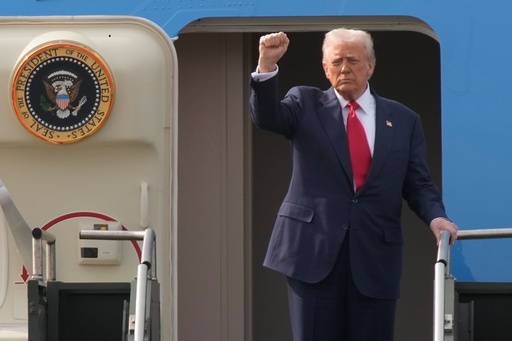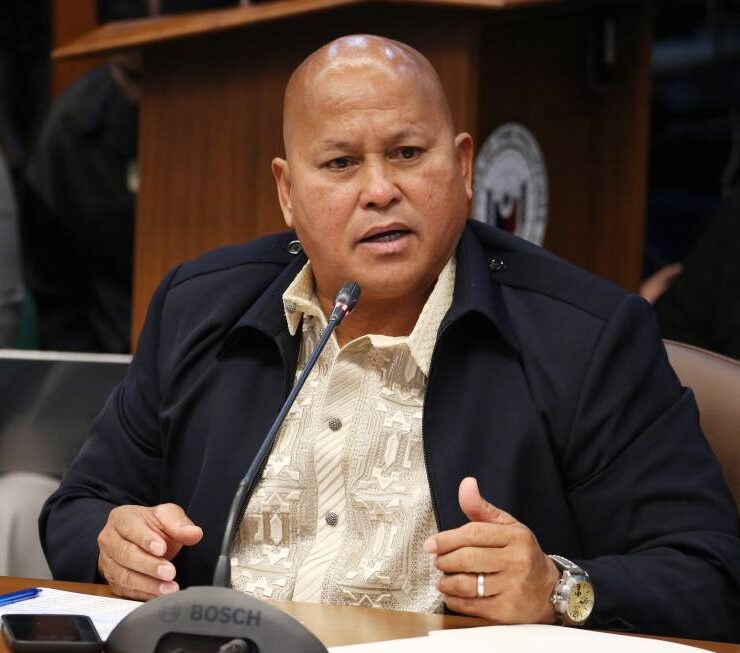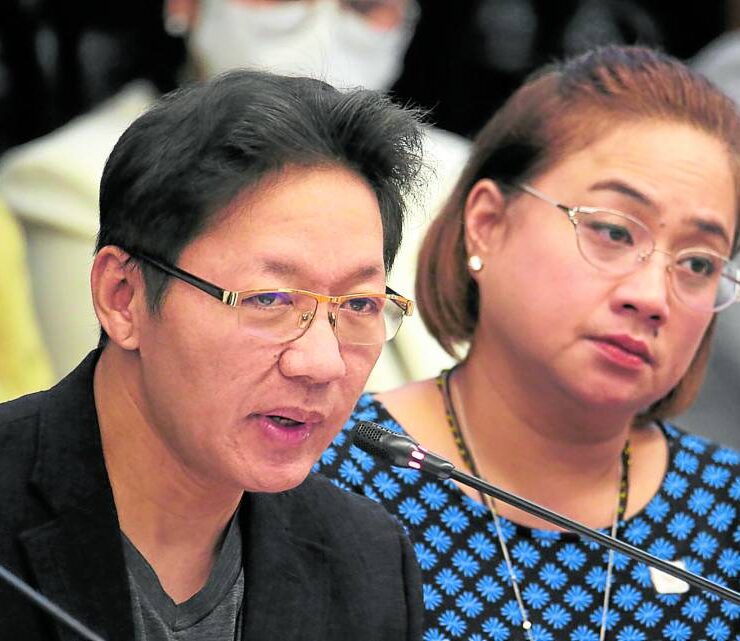US strategy of ‘regime change’ over—intel chief

DUBAI—The US national intelligence director told officials on Friday in the Middle East that America’s former strategy of “regime change or nation building” had ended under President Donald Trump.
Tulsi Gabbard’s comments before the Manama Dialogue, an annual security summit in Bahrain put on by the International Institute for Strategic Studies, underlines remarks Trump offered on a trip earlier this year to the Middle East.
In Trump’s second term, previous American goals of fostering human rights and democracy promotion in the region have been replaced by an emphasis on economic prosperity and regional stability. That includes securing a ceasefire that has halted the Israel-Hamas war in the Gaza Strip, as well as forcing an end to Israel’s 12-day war on Iran after sending American bombers to attack Iranian nuclear sites.
“For decades, our foreign policy has been trapped in a counterproductive and endless cycle of regime change or nation building,” said Gabbard, a former congresswoman from Hawaii and US Army National Guard veteran.
‘More enemies than allies’
“It was a one-size-fits-all approach, of toppling regimes, trying to impose our system of governance on others, intervening in conflicts that were barely understood and walking away with more enemies than allies.”
She added: “The results: Trillions spent, countless lives lost and in many cases, the creation of greater security threats.”
That assessment mirrors Trump’s own thinking about the wars that followed the Sept. 11, 2001, terror attacks on New York and Washington. He reached a deal in his first term to withdraw from Afghanistan, which in the Biden administration became a chaotic departure in 2021. Meanwhile, he’s embraced Syria’s interim President Ahmad al-Sharaa, a former al-Qaida fighter once held in an American prison in Iraq.
Unmentioned by Gabbard was Trump’s deployment of warships off South America, fatal strikes targeting alleged drug-running boats and his ordering of the CIA to run covert operations targeting Venezuela, which has stoked fears of invasion and speculation that Trump could try to topple its authoritarian president.
Serious challenges remain from Trump in the Middle East, however. Gabbard noted in her brief remarks that the ceasefire in Gaza remained “fragile.” She also acknowledged Iran remained a concern as the head of the International Atomic Energy Agency said renewed movement has been detected recently at the country’s nuclear sites.
Trump commitment
“The road ahead will not be simple or easy but the president is very committed down this road,” said Gabbard, who attended the event as a government shutdown grinds on back home.
An Associated Press (AP) journalist had been accredited and issued a visa to cover the summit, but the Bahraini government late Wednesday said it had been rescinded.





















